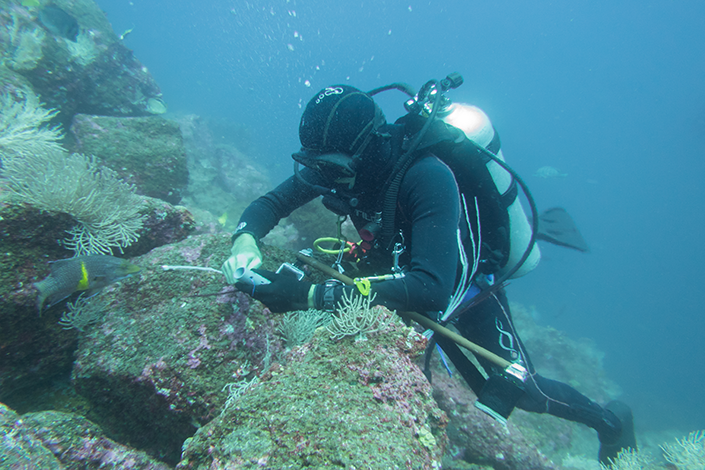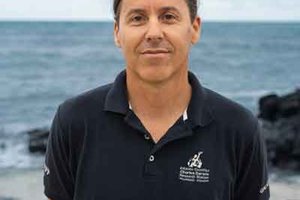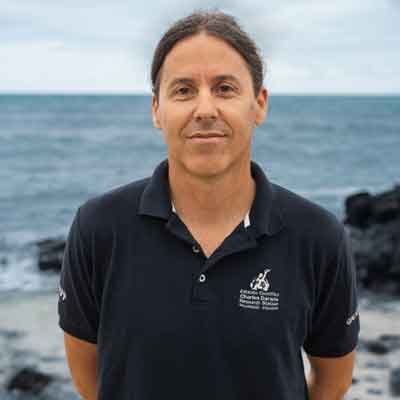
Nicolás Moity
Senior Researcher in Marine Sciences & Geospatial expert
Marine Biologist with CDF since 2015. He holds a Master's degree in GIS from Ulster University, for which he was awarded the "Outstanding Contribution to GIS Award" for the best Master's thesis in Science in 2010 (Government of Northern Ireland, UK); a Master's degree in Biodiversity, Conservation and Management of Species and Habitats from the University of Alicante; and a Postgraduate (University Expert) in Remote Sensing from UNED University. With over 100 publications, including scientific papers, books/book chapters, conference papers and scientific reports.
Tutor/lecturer in the MSc in GIS at Ulster University (2011-), with experience in over 25 research projects, and working as a marine scientist in Galapagos since 2012. Editor for Oceanography and the Galapagos Atlas; member of MBON Pole to Pole of the Americas, GEO BON Ecosystem Services WG, IABO, MICA-IUCN Mangrove Specialty Group, Global Mangrove Alliance and Marine Anthropause Research Synthesis Project. His research focuses on understanding the complex relationships between natural and anthropogenic factors in coastal and marine ecosystems, including the impacts of climate change. He is leading research on mangrove ecology, rocky intertidal ecosystems, the impacts of marine tourism on MPAs, modeling the distribution of marine ecosystems, species and fisheries indicators, and developing ways to prioritize areas for marine conservation. He also established a climate change monitoring network in the GMR.
Nicolás's stories
Nicolás's programs
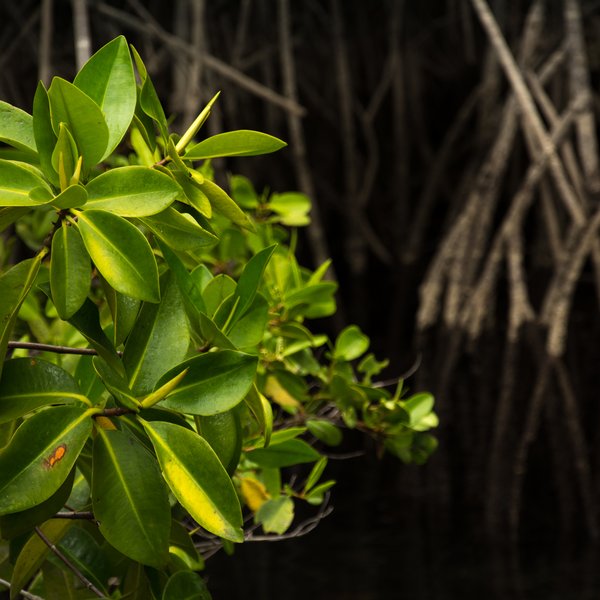
Ocean
Mangrove ecology and climate changeMangroves in Galapagos provide important habitat for endemic and threatened species, offer essential ecosystem services like carbon sequestration, and support the well-being of local communities through tourism and fisheries. Despite their importance and pristine condition, these mangrove ecosystems and their potential for climate mitigation remain understudied.
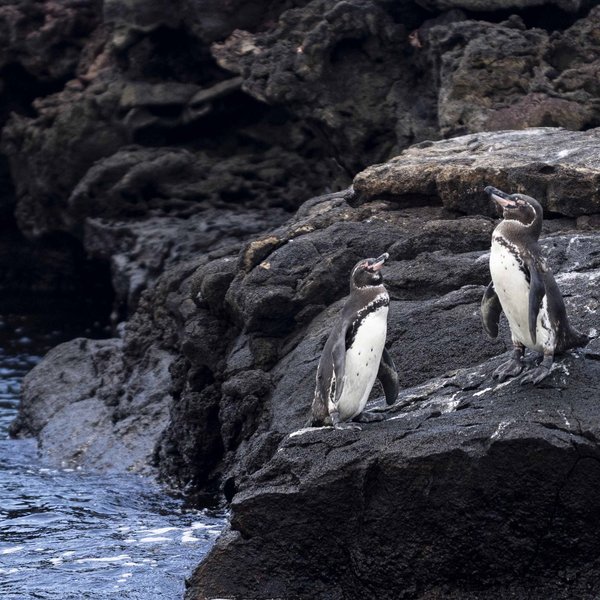
Ocean
Conservation of Galapagos Marine birdsGalapagos penguins, flightless cormorants, waved albatross, and flamingos are among the most iconic birds in Galapagos. Yet, these sentinel species are all classified as threatened on the International Union for Conservation of Nature’s Red List, and face continued risk of population decline.




